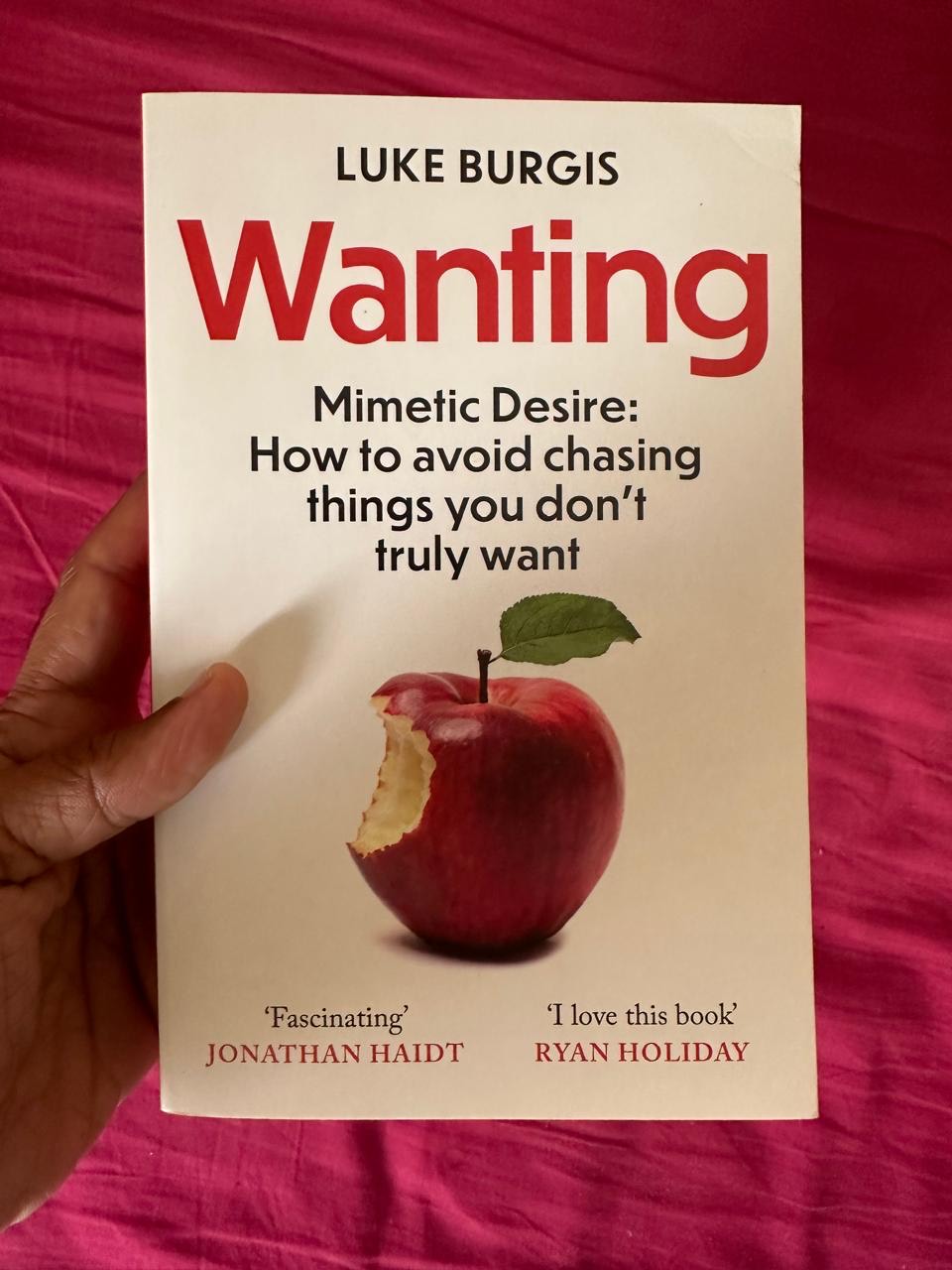
HomeBreaking Bad: How executive coaching can help leaders break bad habitsExecutive CoachingBreaking Bad: How executive coaching can help leaders break bad habits
Breaking Bad: How executive coaching can help leaders break bad habits
Breaking Bad: How executive coaching can help leaders break bad habits

- BinodShankar
- Executive Coaching
As a busy leader you probably work hard. But you also feel stuck- disappointing promotions or rewards, overtaken by peers, disengaged employees, high attrition rate etc.
How could that be you think? How can a well-educated, highly experienced, bright, confident, articulate and charismatic person like you be in this embarrassing position?
Do you need to transform? And do you need a coach?
The root cause
Behavioral problems, not technical skills, are what separate the good from the great. You may have a high IQ but your EQ is probably relatively low.
Marshall Goldsmith is THE world’s leading executive coach and he wrote this marvelous little book simply titled “What Got You Here Won’t Get You There”.
It’s a small book free of jargon and Marshall shares many examples from his leadership coaching practice and also offers some practical tips. I read this book 7 years ago and it’s an invaluable guide to removing what’s blocking you from transforming from manager to leader.
Marshall lists 20 bad habits that hold back executives.
The Habits
1. Winning too much: We try our best to win at any cost under any situation and due to that forget to keep the focus on delivering the best. It is also not important to win in all situations.
2. Adding too much value: The overwhelming desire to add our 2 cents to every discussion.
3. Passing judgment: The need to rate others and impose our standards on them.
4. Making destructive comments: The needless sarcasm and cutting remarks that we think make us witty.
5. Starting with NO, BUT, HOWEVER: The overuse of these negative qualifiers which secretly say to everyone that I’m right and you’re wrong.
6. Telling the world how smart we are: The need to show people we’re smarter than they think we are.
7. Speaking when angry: Using emotional volatility as a management tool.
8. Negativity, or “Let me explain why that won’t work”: The need to share our negative thoughts even when we weren’t asked.
9. Withholding information: Keeping information to self by thinking that sharing information will reveal you as a weak person or will take control out of your hands.
10. Failing to give proper recognition: The inability to give praise and reward.
11. Claiming credit that that we don’t deserve: The most annoying way to overestimate our contribution to any success.
12. Making excuses: The need to reposition our annoying behavior as a permanent fixture so people excuse us for it.
13. Clinging to the past: The need to deflect blame away from ourselves and onto events and people from our past. To survive in the corporate world, one has to keep delivering something visible and in its best, every day. You just can’t sit on your laurels. The job that is done well is the past.
14. Playing favorites: Failing to see that we are treating some people unfairly and how that is creating resentment and disengagement.
15. Refusing to express regret: The inability to take responsibility for our actions and admit publicly that we’re wrong.
16. Not listening: The most passive-aggressive form of disrespect to colleagues.
17. Failing to express gratitude: The most basic form of bad manners.
18. Punishing the messenger: The misguided need to attack the innocent who are usually only trying to help us.
19. Passing the buck: The need to blame everyone but ourselves.
20. An excessive need to be “me”: Exalting our faults as virtues simply because they’re who we are because that’s become an integral part of our identity and hence, we hate to change.
About the list
These aren’t flaws of skill or intelligence or unchangeable personality but challenges in interpersonal behavior. These are small “transactional flaws” performed by one person against another which leads to negative perceptions that can hold any executive back.
Most of the 20 habits are stuff you need to STOP doing. As Marshall says:
“We spend a lot of time teaching leaders what to do. We don’t spend enough time teaching leaders what to stop. Half the leaders I have met don’t need to learn what to do. They need to learn what to stop.”
The higher you go, the more your problems are behavioral. As an executive coach and mentor with 31 + years in corporate life and entrepreneurship I have seen or heard this so many times I have lost count.
The Caveat
You should be aware of one problem.
You may be so successful that weirdly enough you may believe that the above bad habits are what propelled you to success. Hence you may think you don’t need leadership coaching or career advice.
You may not realize that it was a mix of your hard work, technical skills, over supply of skilled labor (and hence people willing to suffer your incompetence) and sheer luck that got you here. The reality is that you most likely made it so far IN SPITE of your personality traits.
Result? You may not even read Marshall’s book. The only way you will change is by a direct order from the Boss or the Board. Or when you are fired, demoted or sidelined and it dawns on you that you better level up. I hope you don’t wait that long because that’s an unnecessarily expensive route.
What next?
You probably have no clue of what’s holding you back. If you knew you wouldn’t be stuck.
Enter the executive coach. Because one of the invaluable things you will get from a good coach is CLARITY- about yourself, your goals and your strategies.
And then you may finally get there.



